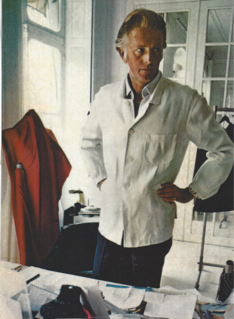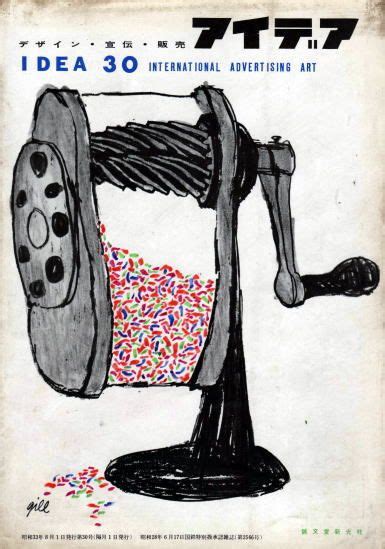A Quote by Carolina Herrera
I don't believe in naming clients to get press. I hated it when I was a couture client. If the dresses don't sell themselves, there is something wrong.
Related Quotes
As long as society tells men to be the salespersons of sex, it is sexist for society to put only men in jail if they sell well. We don't put other salespersons in jail for buying clients drinks and successfully transforming a "no" into a "maybe" into a "yes." If the client makes a choice to drink too much and the "yes" turns out to be a bad decision, it is the client who gets fired, not the salesperson.
I refer the largest number of my clients to Payce Payroll because the specialize in the restaurant and contractors industries. I am pleased with the service they provide, competitive fees and responsiveness to clients. What most impressed me was that one of the founders, Gus, came to personally meet with me and a client to establish their payroll software. They truly care about their clients.
I wanted an agent who would actually sell stuff. After two British agents failed comprehensively, I was reading Locus (the SF field's trade journal) and noticed a press release about an experienced editor leaving her job to join an agent in setting up a new agency. And I went "aha!" - because what you need is an agent who knows the industry but who doesn't have a huge list of famous clients whose needs will inevitably be put ahead of you. So I emailed her, and ... well, 11 years later I am the client listed at the top of her masthead!
We're trying to win business by doing a good job for the clients, as opposed to, "We think being big and universal is just a great, wonderful thing." It's not a morality thing. It's a "Does it work for the client?" thing. Everything we do is because a client uses us. Everything we do is because a client chose to use us of his own free volition.






































